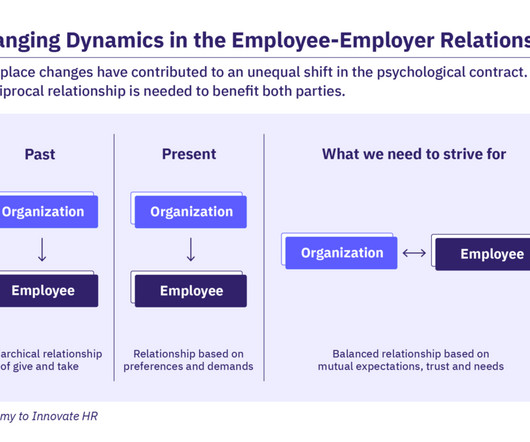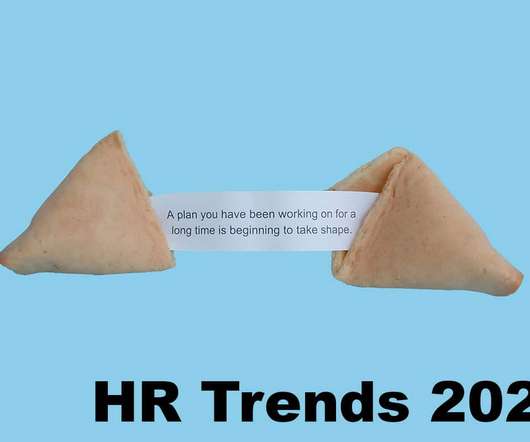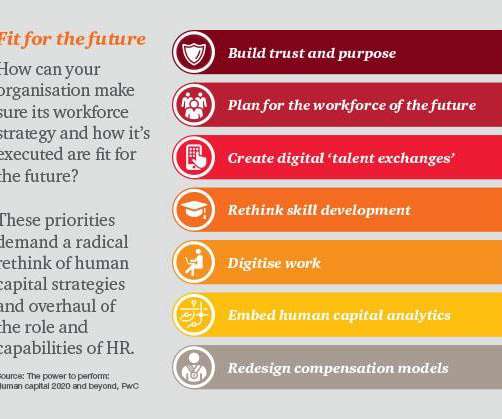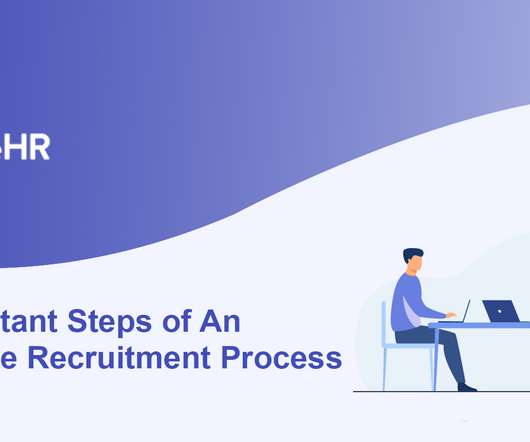There’s Nothing Quiet About It: The Shifting Employee-Employer Relationship
Analytics in HR
MARCH 10, 2023
The employee-employer / employee-work relationships are changing It’s undisputed that the changes we have witnessed in the workplace over the past few years have contributed to a change in the psychological contract. I am not referring to flashy people dashboards highlighting demographics. What are their lived experiences?

















Let's personalize your content